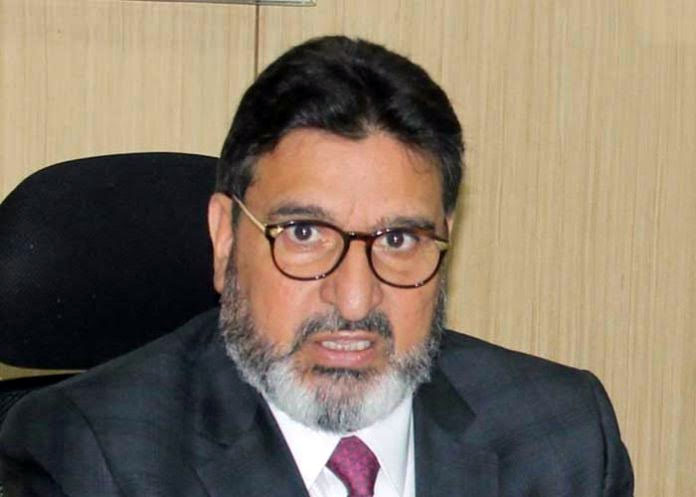jammu, FEb 20
Apni Party President Syed Mohammad Altaf Bukhari, speaking on Tuesday, issued a fervent plea to the administration, urging them to swiftly address the challenges and difficulties stemming from the recent heavy snowfall across the valley. He stressed the critical need for the concerned departments to demonstrate agility and responsiveness in catering to the needs of the populace, particularly those who find themselves cut off from essential services due to the snowfall-induced road closures.
In a statement released, Syed Mohammad Altaf Bukhari underscored the severity of the situation, highlighting the closure of several vital roads across the valley, including the Srinagar-Jammu National Highway, Srinagar-Leh route, Mughal Road, and roads leading to Keran/Karnah border towns. He expressed deep concern for the communities affected by the loss of road connectivity, emphasizing the paramount importance of ensuring uninterrupted access to food supplies, medical facilities, and other essential services.
Bukhari emphasized the need for heightened vigilance in avalanche-prone areas, urging authorities to take proactive measures to prevent human casualties resulting from snow avalanches, landslides, and falling rocks. He expressed particular concern over reports indicating that numerous vehicles had become stranded in the Ramban area amid falling rocks, urging the administration to closely monitor the situation and promptly address any emergent medical needs along the highway.
The Apni Party President urged concerned authorities to prioritize the swift clearance of snow from roads in Srinagar and other towns across the valley. Recognizing the critical role of accessible roadways in ensuring the smooth flow of essential goods and services, Bukhari called for concerted efforts to expedite the snow-clearing process and restore normalcy to affected areas.
Bukhari’s statement reflects a deep sense of urgency and compassion for the welfare of the valley’s residents, particularly those grappling with the adverse impacts of inclement weather conditions. By calling attention to the pressing needs of communities isolated by snow-induced road closures, he underscores the imperative of governmental intervention in safeguarding the well-being and safety of vulnerable populations.
In conclusion, Syed Mohammad Altaf Bukhari’s impassioned appeal serves as a clarion call to action, urging authorities to prioritize relief efforts and ensure the timely provision of essential services to snow-affected communities across the valley. His advocacy underscores the collective responsibility to mitigate the hardships wrought by natural disasters and uphold the principles of solidarity and support in times of crisis.



























